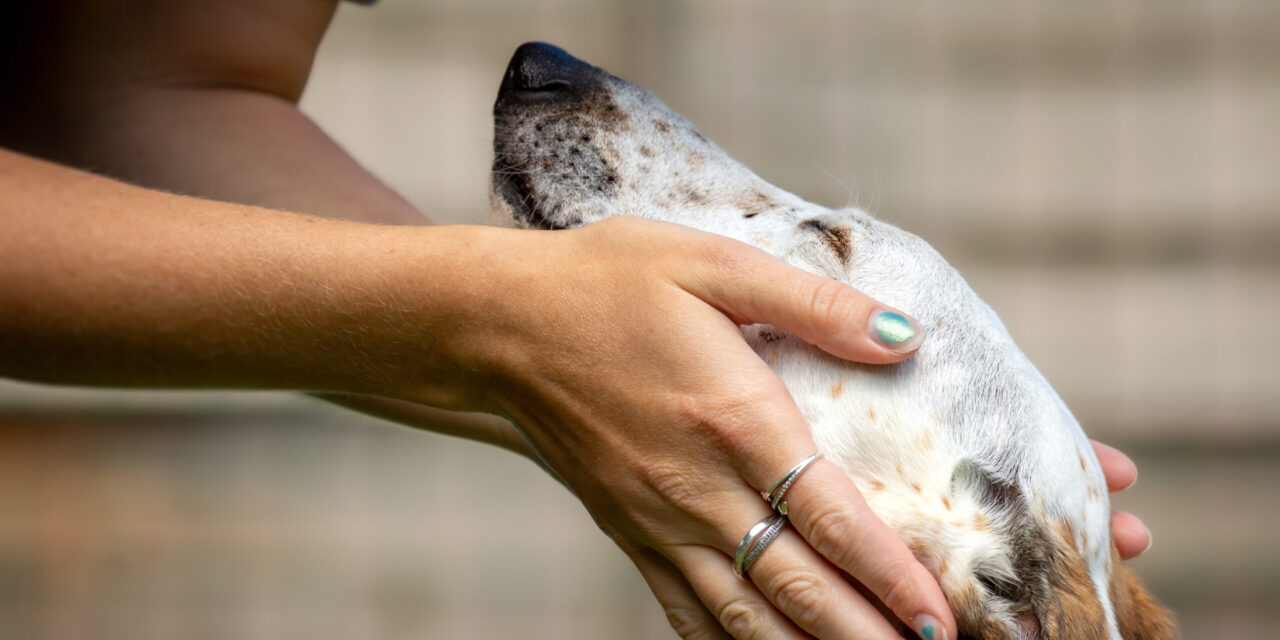The concept of paid leave to care for pets has sparked interest in New York, with a proposed bill aiming to make pet ownership more manageable for workers.
If passed, this legislation could allow employees in the city to take sick leave for pet-related needs. While still in its early stages, the idea raises questions about whether similar policies could take root in the UK.
Research reveals that UK dog owners already take 2.7 million sick days annually to care for their pets. Additionally, 7% of British pet owners have left a job to find one offering better flexibility for pet care, and 40% of workers believe paid leave for pets should be standard.
Some UK companies have taken steps toward accommodating pet-related needs. Policies such as “pawternity leave,” which allows time off when a new pet is brought home, and “furwell leave,” for grieving the loss of a pet, have gained popularity. However, the introduction of “pawsonal leave” would mark a significant shift, treating pet care as equivalent to caring for a family member.
The Growing Demand for Pet-Focused Flexibility
One advocate for pet-related leave is Sean MchPheat, CEO of MTD Training. The company introduced pawternity and furwell leave in August 2024, offering employees dedicated time for major pet-related life events.
“Pets are an integral part of our families, bringing immense joy and companionship,” MchPheat said. “Losing a pet or welcoming a new one can be significant life events that require time for adjustment and healing. Pawternity leave ensures a smooth transition for new pets, while furwell leave supports staff in grieving the loss of a furry family member.”
The idea resonates with pet owners like Jess Maccio, a PR consultant from Leeds. Maccio shared her experience of using two weeks of annual leave to care for her puppy, Lupo.
“There was no way I’d have been able to concentrate at work, knowing I’d left a crying puppy on its own at home,” Maccio said. “Employers should be more flexible to the needs of employees. Some people choose pets over children, so they should be able to use their time off to care for whatever they’ve chosen to take responsibility for.”
HR Experts Weigh In
The potential for pet sick leave to gain traction in the UK may depend on evolving workplace policies. David Rice, an HR expert at People Managing People, believes that flexible work practices could pave the way for such benefits.
“It’s not surprising to hear that pet sick leave could become a reality in New York,” Rice said. “As flexible working policies evolve, I don’t think it will be long until we see similar policies introduced in the UK. Employers need to offer flexibility so people can tend to things that are important to them outside the workplace – like their pets.”
Rice emphasised that flexibility in work schedules and leave policies is essential for employee satisfaction and mental health. Providing the ability to care for beloved pets, he argues, is part of creating a high quality of life.








